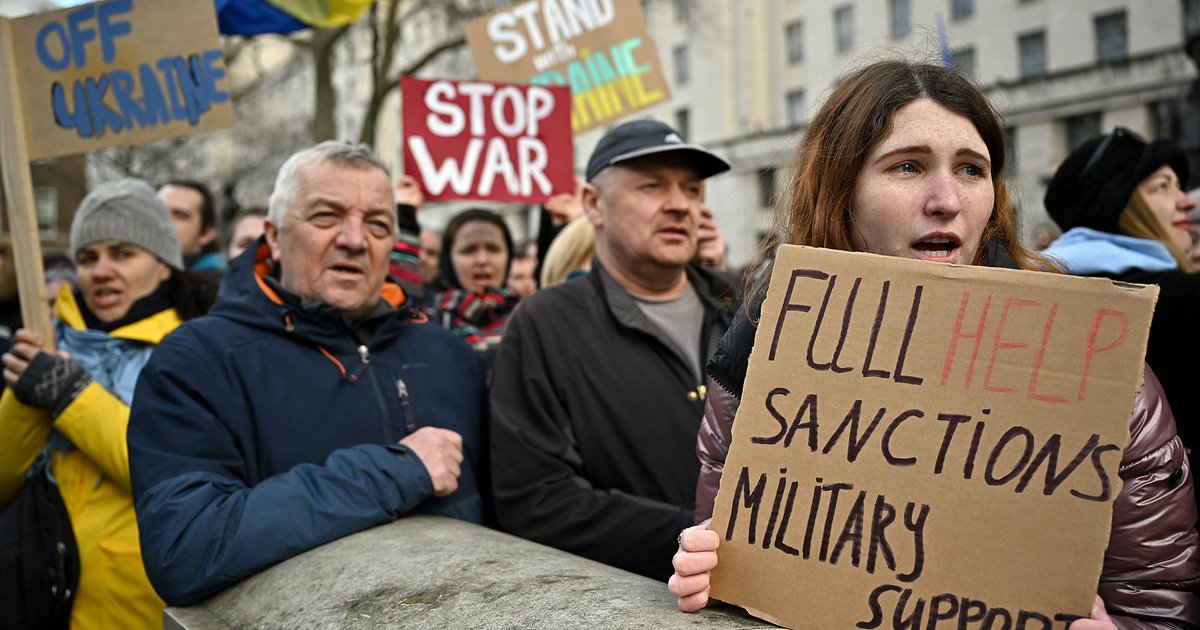Economic sanctions are powerful tools used by countries and international organizations to influence the behavior of other nations. They can significantly impact international relations by affecting a country’s economy, political stability, and global standing. This article explores how economic sanctions shape international relations, including their effectiveness, implications, and the challenges they present.
The Mechanisms of Economic Sanctions
1. Types of Economic Sanctions
Trade Restrictions:
Trade restrictions involve limiting or prohibiting the exchange of goods and services with the targeted country. This can include embargoes on specific products, such as oil or technology, which can severely impact the target nation’s economy.
Financial Sanctions:
Financial sanctions restrict a country’s access to international financial systems, including freezing assets and blocking transactions. These measures can isolate the target nation from global markets and hinder its ability to conduct economic transactions.
Investment Restrictions:
Investment restrictions prevent foreign investment in the target country. By limiting capital flows and business opportunities, these sanctions can stifle economic growth and development.
Travel Bans:
Travel bans restrict the movement of individuals, particularly political and business leaders, affecting their ability to engage in diplomatic and economic activities abroad.

2. Objectives of Economic Sanctions
Political Change:
Sanctions are often imposed to compel a change in the target nation’s political behavior, such as ending human rights abuses, ceasing military aggression, or complying with international agreements.
Economic Pressure:
By exerting economic pressure, sanctions aim to weaken the target country’s economy, creating internal dissatisfaction and potentially leading to political change or concessions.
Deterrence:
Sanctions serve as a deterrent by signaling that certain actions, such as violations of international norms, will result in economic consequences. This aims to prevent future undesirable behavior.
The Impact of Economic Sanctions on International Relations
1. Diplomatic Relations
Strained Relations:
Economic sanctions can strain diplomatic relations between the imposing and targeted countries. The imposition of sanctions often leads to retaliatory measures and deteriorates bilateral ties.
Diplomatic Leverage:
Sanctions can serve as a tool for negotiating and pressuring the target country into compliance with international norms. They can provide leverage in diplomatic discussions and multilateral negotiations.
Impact on Alliances:
Sanctions can influence alliances and partnerships. Countries that support or oppose sanctions may find their relationships with other nations affected, impacting international alliances and cooperation.
2. Economic Impact
Economic Hardship:
Sanctions can cause significant economic hardship in the target country, affecting its economy, industry, and population. This can lead to decreased living standards and economic instability.
Global Trade and Markets:
Economic sanctions can disrupt global trade and markets, particularly if the target country is a significant player in the international economy. This can impact supply chains and create economic ripple effects.
Emergence of Black Markets:
In response to sanctions, black markets and informal economies may emerge, allowing the target country to bypass restrictions and access restricted goods and resources.
3. Political Stability
Internal Pressure:
Economic sanctions can create internal pressure within the target country, potentially leading to political instability and public dissent. However, they can also strengthen the resolve of the target nation’s leadership, making it more resistant to change.
Leadership Dynamics:
Sanctions may affect leadership dynamics, influencing the target country’s political elite and their approach to international relations. The impact on leadership can vary, with some leaders using sanctions to consolidate power and rally domestic support.
Humanitarian Impact:
Sanctions can have unintended humanitarian consequences, affecting vulnerable populations and exacerbating existing issues. This raises ethical concerns and can impact the overall effectiveness of sanctions.
The Effectiveness of Economic Sanctions
1. Measuring Success
Achievement of Objectives:
The effectiveness of economic sanctions is often measured by their ability to achieve the intended objectives, such as political change or compliance with international norms. Success can vary based on the specific goals and context of the sanctions.
Unintended Consequences:
Sanctions can sometimes lead to unintended consequences, such as increased support for the target country’s leadership or economic hardship for ordinary citizens. These factors can affect the overall impact and effectiveness of sanctions.
International Support:
The success of sanctions often depends on the level of international support and coordination. Multilateral sanctions are generally more effective than unilateral ones, as they apply broader pressure and reduce the possibility of evasion.
2. Challenges and Limitations
Evasion and Circumvention:
Target countries may find ways to evade sanctions through alternative trade routes, black markets, or partnerships with other nations. This can reduce the effectiveness of sanctions and complicate enforcement.
Humanitarian Concerns:
Sanctions must be designed to minimize humanitarian impacts and avoid exacerbating suffering for civilians. Balancing political objectives with humanitarian considerations is a critical challenge.
Long-Term Impact:
The long-term impact of sanctions can be uncertain, with effects on political behavior and economic conditions evolving over time. Evaluating the sustained effectiveness of sanctions requires ongoing assessment and adaptation.
Conclusion
Economic sanctions are a powerful tool in shaping international relations, influencing political behavior, economic stability, and diplomatic interactions. While they can be effective in achieving certain objectives, their impact is complex and multifaceted. The success of sanctions depends on various factors, including their design, enforcement, and the broader geopolitical context. Understanding these dynamics is crucial for effectively using sanctions as a tool of foreign policy and international diplomacy.
Meta Description:
Explore how economic sanctions shape international relations by influencing political behavior, economic stability, and diplomatic ties. Understand their impact and challenges.
4o mini
